From Home Kitchen to Food Business
Tips shared from Wendy Perry’s own culinary adventure
By Wendy Perry | Photos by G.F. WheelerIs your garden bountiful? Do you make the best pickles, jams, baked goods or think your BBQ sauce is “it"? Have you heard, “you need to sell that!” And said to yourself, “why yes, I do,” but don’t know where to start? With a few exceptions, you can get your home kitchen certified here in North Carolina, so let’s head off on a culinary adventure to learn how!
As a food creator since making decidedly inedible mudpies garnished with Comet as a little girl, I’ve always dreamt of seeing a product on shelves with my name on it. A few years ago, this became a reality for me, a journey I’m happy to share so you, too, can see your dream come to fruition.
I was playing with seasoning concoctions for gift boxes and asking (i.e. making) everyone around me to give their input. Nephew Wyatt (who’s called me Dee Dee since he could utter sounds) said, “Dee Dee, this stuff is good on EVERYTHING!” Wow! If a teenage boy said that, I must be onto something. Thus my first product, “Everythang Dust” was born, and so was Aunt Dee Dee’s Kitchen, with a goal to make my products user-friendly for as many as possible.
A staunch proponent and frequent judge of NC-made food products, I was already familiar with the industry, eager to learn specifics to be legal and get out there. That’s when I turned to a few successful friends and our supportive NC Department of Agriculture and Consumer Services (NCDA&CS), the entity that grants certifications for home kitchens.
So let’s begin this journey together.Here are some questions to ask (and answers) when considering a home-based food business.
Do you have a product(s)?
Of course you do! As you start, don’t spread yourself too thin. Stick with one or a two to get up and running, fine tune things, then add others.
Do you have an inside pet?
If you have a pet, even if it just comes in periodically, your home kitchen will not be permitted. (And don’t think you can fool the inspectors — they know things!) This is for the safety of the consumer and your liability. Would you want to eat food from a kitchen where a cat may be slinking around on countertops? All is not lost if you do have a pet. Shared use/incubator kitchens are popping up all around. Or you may find a restaurant that will rent to you during off hours where you can get permitted. Just know that inside pet = no permit! (Note that not all “nice kitchens,” like at a church, are permitted or permittable under state and federal criteria.)
Have you checked your home’s zoning, HOA or leasing office?
Before proceeding, you need to make sure your desire to use your home kitchen is legal. You don’t want to get all your cupcakes in a row only to find out no-can-do.
Does your kitchen meet criteria?
There are specifics your kitchen must meet that fall under Current Good Manufacturing Practices (CGMPs) from the U.S. Food & Drug Administration (FDA). North Carolina has specific codes as well — common sense things like management and water testing. If you have well water, a water test (by your county) must be attached to your application.
Does your product(s) require testing?
Not all foods can be created in and sold from a home kitchen. Some prohibited foods considered “high risk” include refrigerated items, dairy, some bakery products (cheesecakes and cream/cream fillings), low-acid canned foods and a few others. “Low risk” foods (shelf stable and require no refrigeration) can be prepared in your permitted kitchen. Those are things like baked goods, seasonings/dried foods, jellies/jams/preserves, some sauces, candies, acidified foods and a few others.
If you plan to run with grandma’s pickles, salsa or your BBQ sauce, you need to contact NC State University’s testing department. Some acidified foods may require testing, and you may need to attend NC State’s Acidified Foods Manufacturing School, an FDA-recognized online course, to produce them.
Do you have a business plan?
All adventures need a map to get you where you want to go. Be sure to include a marketing plan. You could have the next best food thing there is, but if folks don’t know of it, success will be a struggle. Not allocating money for marketing is often a new business’s biggest mistake! Find particulars needed for your plan on the NCDA&CS site referenced in the sidebar. Also, be sure you have proper liability insurance before selling your first morsel!
Are you well-versed in labeling requirements?
You have several entity-specific requirements to consider when labeling your food. The FDA sits atop this list with specifics (from ingredients to weights) right on down to local regulators, retail outlets and farmers’ markets that allow you to sell.
Are you ready?
Once your application is submitted and you’ve had a successful inspection, you’re on your way to sharing your best to the world. Be sure to join #GotToBeNC and consider joining the NC Specialty Foods Association. As the Association’s Marketing Coordinator Sherry Barefoot will tell you, “So many of our members since the Association’s creation in 1994 started their food businesses in home-certified kitchens, and now work with commercial kitchens and copackers to mass produce their tasty visions.”
Although it may sound daunting, don't be discouraged. With the right tools and knowledge, you can have your home kitchen up and running soon.
Take the Next Step
Get more in-depth knowledge about each step in the journey to launching your certified home kitchen from these sources:
- NC Food & Drug Protection
Division Start here with basics from the NCDA&CS - NC State Extension – Food Business
Offers testing services, other support and the Acidified Foods Manufacturing School. - Got To Be NC
As a producer, you can become a member! - NC Specialty Foods Association
This volunteer organization is dedicated to assisting NC specialty foods companies.
About the Author
Wendy Perry, Carolina Country recipe contributor. Learn more at WendyPerry.com and AuntDeeDeesKitchen.com-
Local food business
-
Share this story:

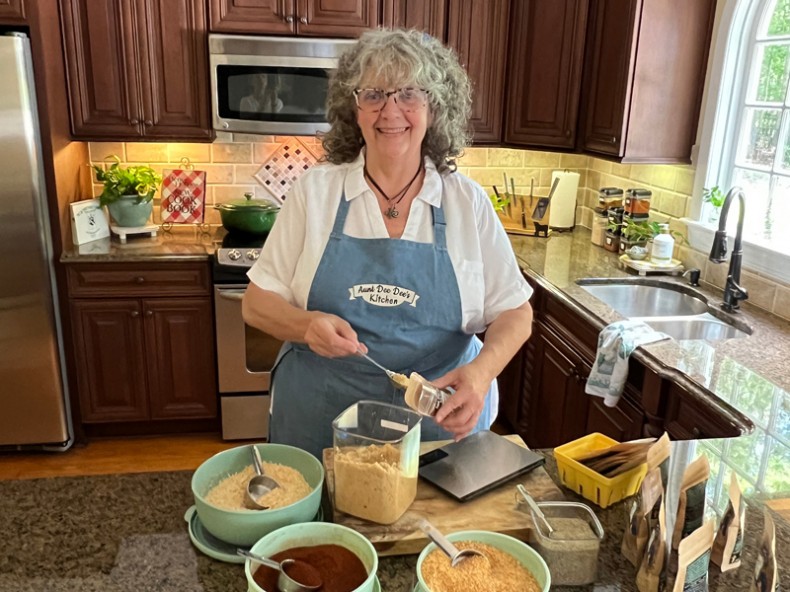
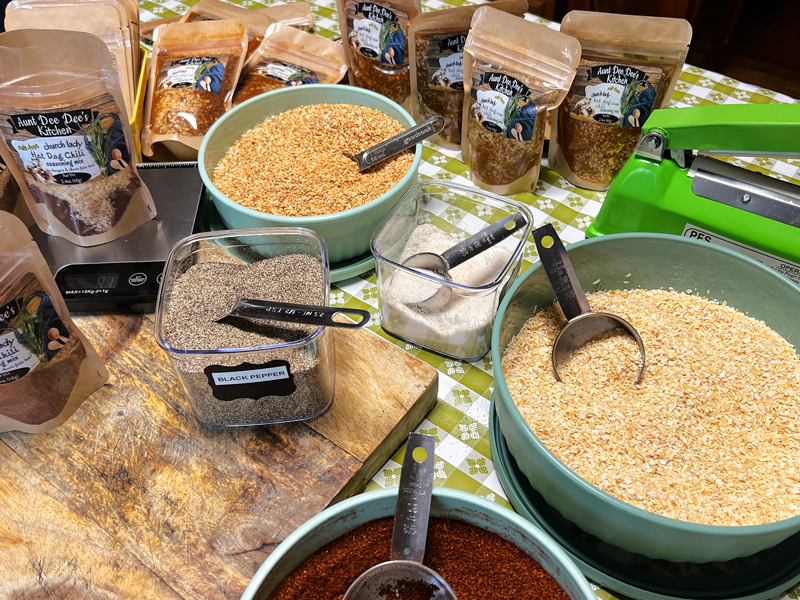
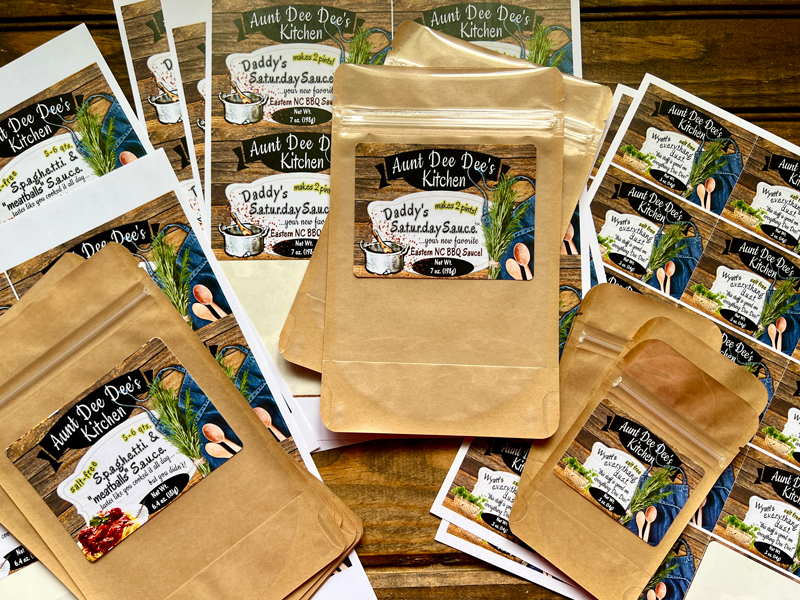

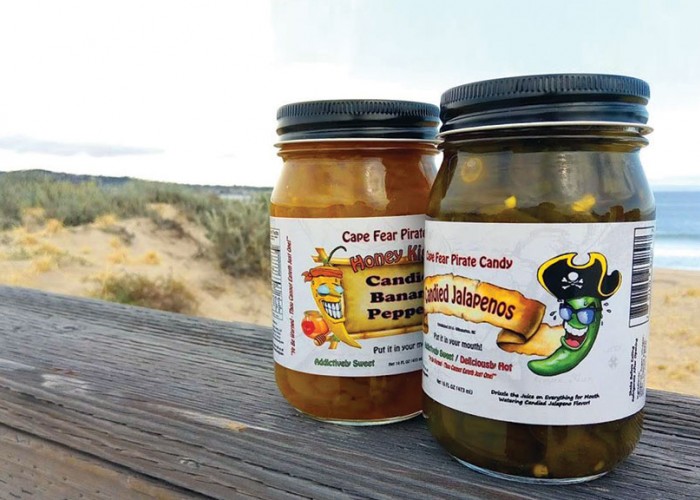
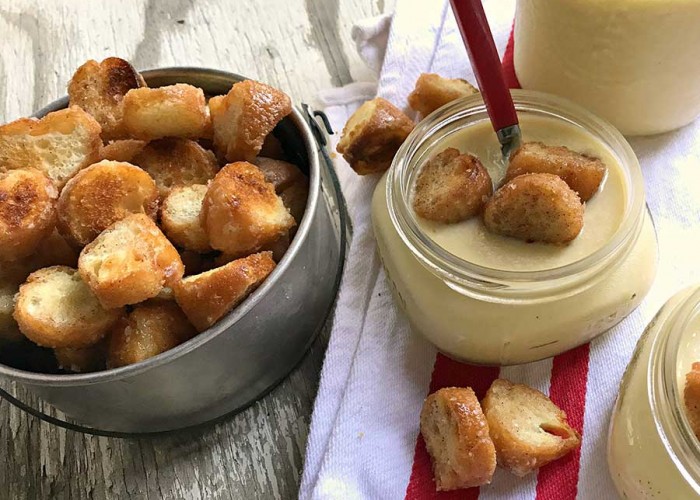


Comments (2)
Diana |
June 27, 2023 |
reply
Sharon P Fowler |
June 27, 2023 |
reply